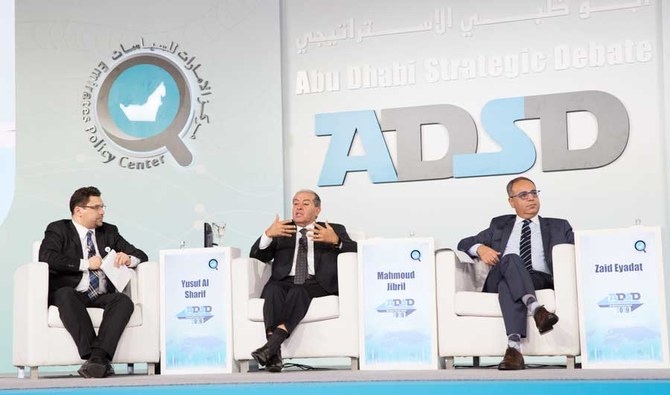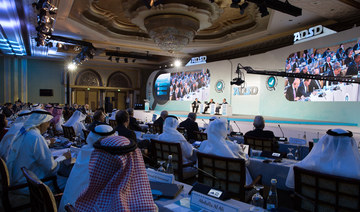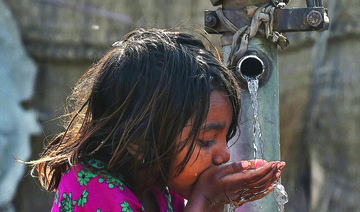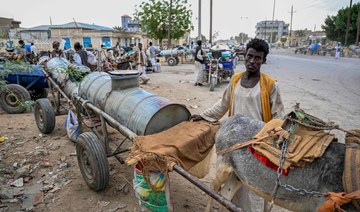ABU DHABI: The Gulf Cooperation Council (GCC) could become the sixth-largest economic power in the world by 2030 if it can maintain the same pace of growth and development, according to a senior Bahraini official.
Dr. Abdulla bin Ahmed Al-Khalifa, chairman of the Bahrain Center for Strategic, International and Energy Studies (DERASAT), made the remark while speaking at the Abu Dhabi Strategic Debate (ADSD) on Monday.
With “Old Power Competition in the New Age” as its theme, the conference has featured an impressive lineup of speakers.
The topics for the second and final day were broadly “Power distribution in the Gulf region” and “Repercussions of conflicts on the future of Arab states.”
Al-Khalifa underscored the need for GCC countries to strengthen their economies by continuing to invest in health care and education and boosting the quality of human resources.
On the subject of regional tensions, Al-Khalifa had three likely scenarios, starting with one in which Gulf states become a united political bloc that serves as a “regional center for innovation, entrepreneurship, cooperation and sustainable development.” In the second scenario, a dire fate awaits the region, with terrorism and unrest prevailing over the forces of social and economic stability.
An equally worse-case scenario sees a “static” future, with the GCC region condemned to a prolonged period of unrest and constant interference by regional and global powers in their affairs.
Similar apprehensions were expressed by Mahmoud Jibril, a former prime minister of Libya and president of the National Forces’ Alliance, during a separate panel discussion, “Middle East Power Distribution: Hard, Soft and Artificial.”
Arguing that Israel has emerged as “the main winner” in Middle East conflicts, Jibril blamed the Arab world for not moving in step with “the trends of this era.”
HIGHLIGHT
With ‘Old Power Competition in the New Age’ as its theme, the conference has featured an impressive line-up of speakers.
He said that Israel was the recipient of 21 percent of international investments by technology giants such as Apple, Microsoft and Amazon in their research and development centers.
“Investment channeled to Israel is 200 times as a proportion of the country’s population. These are its source of power,” Jibril said. By contrast, he said, the Arab world has one of the highest budgets for military acquisitions and yet its security environment keeps deteriorating.
Jibril identified three forces that he said are shaping modern history. The first is technologies such as AI (artificial intelligence) and digitalization. The second is youth, which he described as a “game changer” in the region. The third force, according to Jibril, is climate change.
“In the coming years, cities will disappear because of rising temperatures and economies will collapse due to expanding desertification,” he said. “The consequences will be migration and conflict. Unfortunately, these three forces cannot be reversed. At best, their impacts can be mitigated.”
Earlier in the day, Dr. Ebtesam Al-Ketbi, president of the Emirates Policy Center, the ADSD’s organizer, said that the Gulf region is witnessing “fierce competition among states over power redistribution.”
While the region’s security and stability will continue to be among the primary challenges, change will come once a deal with Iran is reached, she said.
“Iran doesn’t have anything to lose at the level of infrastructure,” El-Ketbi said.
“If a missile hits Iran, the country will not lose much but if a missile hits Aramco from Iran, there is a lot to lose.”
Al-Ketbi said that a balance of hard and soft power is crucial for achieving stability in the region. “Having hard power alone leads to wars and acts of sabotage,” she said, evidently alluding to recent incidents in the Gulf, while “possession of soft power alone is not enough for achieving security, especially for the GCC countries.”























